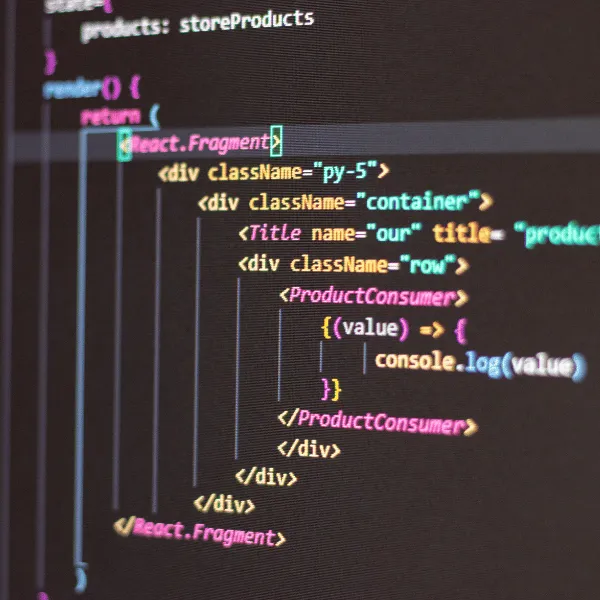Introduction
Are you self-employed and looking to purchase a home? If so, you may be wondering how to find the perfect mortgage. The good news is that there are a number of lenders who offer flexible financing options for self-employed individuals. In this article, we will provide you with a step-by-step guide on how to find the perfect mortgage for your needs. We will also discuss some of the unique challenges that self-employed individuals face when applying for a mortgage, and how to overcome them.
Unique Challenges that Self-Employed Individuals Face When Applying for a Mortgage
One of the biggest challenges that self-employed individuals face when applying for a mortgage is proving their income. Lenders typically want to see two years of tax returns to verify your income. However, if you are self-employed, you may not have two years of tax returns to show. In this case, you may need to provide additional documentation, such as bank statements, profit and loss statements, and invoices. It is important to note that in some cases the underwriting process could take a little longer for self-employed borrowers.




